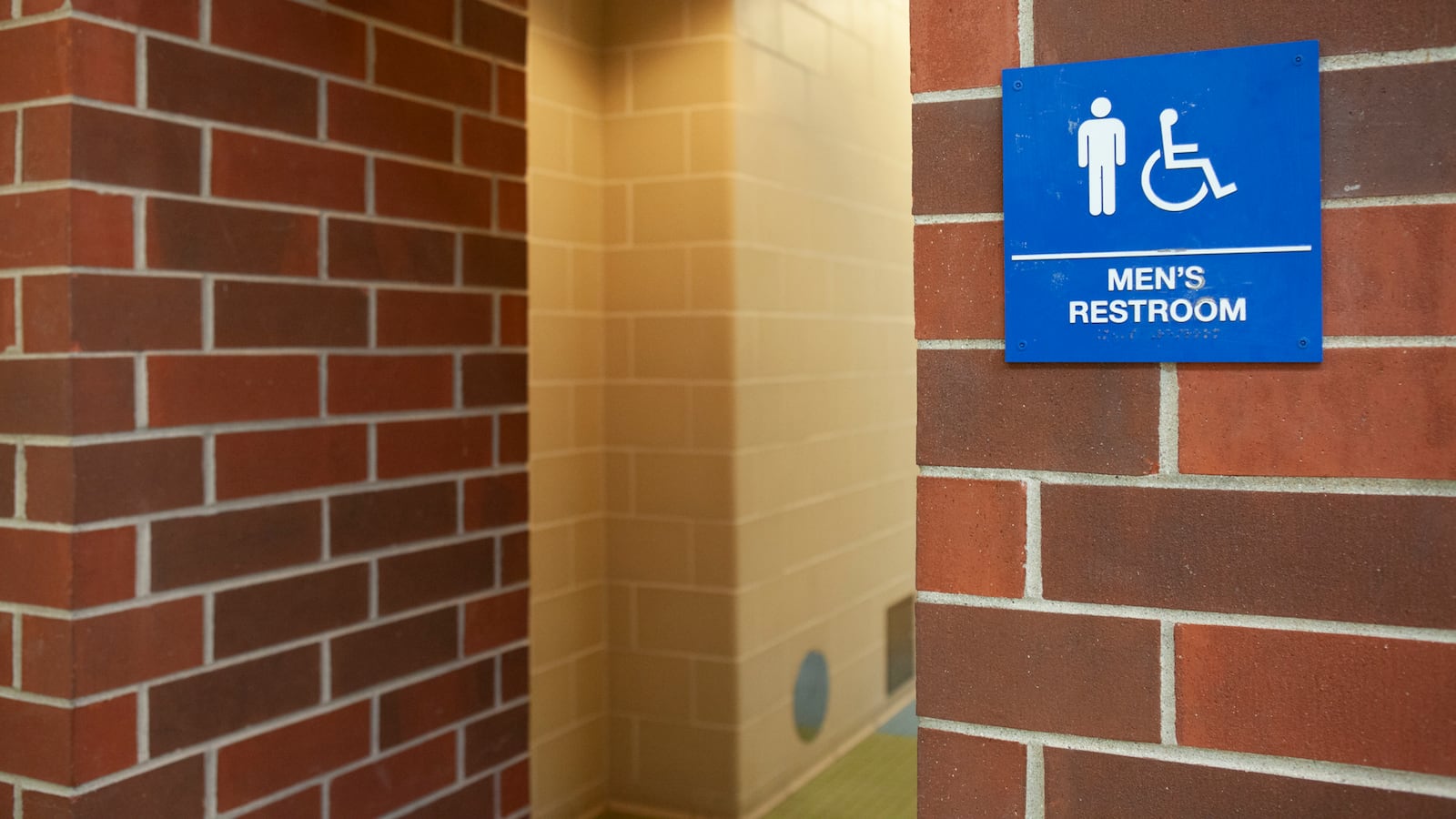
One of the strongest lessons I ever got about teaching came from a day in 1984 when I was a fourth-grader who really, really had to go.
I was in Ms. Smitts’s fourth-grade class. Like most schoolchildren – and domesticated dogs – I had trained myself so that I would never have to do my business during school hours. But I must’ve gotten off my schedule somehow.
That meant I would have to contend with Ms. Smitts’ classroom economy system. My teacher had printed up Smitters (get it?) and the currency ruled our classroom. For an A, you earned some Smitters. For bringing in a box of tissues for the class, you earned some Smitters. For snitching on a note passer, you hit the motherlode.
On the other hand, one could buy privileges with Smitters. Fork over 10 Smitters and you wouldn’t have to do homework over the weekend. Ask too many questions and you might have to cough up a Smitter. Calling a kid a name could be absolved for a fistful of Smitters.
Have to use the bathroom during class? That’ll cost you a Smitter.
I didn’t have a Smitter to my name. If anything, as a lackluster student who preferred daydreaming about football to filling out worksheets, I was in Smitter debt.
Panicked, I rummaged through my desk, looking for a misplaced Smitter. Crumpled up neglected assignments. Strewn colored pencils. Chewed erasers. Not a Smitter in sight.
I eyed my neighbor Jeff’s desk. In it, I saw a half-inch stack of green Smitters neatly paper-clipped together. “He wouldn’t notice one missing,” I thought. But even I had some scruples.
I had to confess to Ms. Smitts my emergency.
I was afraid to approach her. She promoted peer-pressure through group punishments and rewards. The previous week, we hadn’t had recess until every single student could correctly identify a state capital point-blank. When one student stumbled, the rest of us berated her.
Now Ms. Smitts was leading a reading group – the A Group – the best readers in the class.
I approached her side, leaned in, and whispered, “I have to go to the bathroom.”
She thumbed toward the bin that held surrendered Smitters. “Put a Smitter in the bin.”
My voice cracked, “I don’t have a Smitter.”
She removed her glasses. “Then I guess I can’t help you.” She held the condemnatory gaze for three beats, then returned to the A Group.
I ambled toward my desk, considered sitting, then realized I’d never last.
I walked past my desk and out the door, fully anticipating Ms. Smitts’s voice demand I return.
I walked double-time to the bathroom, crying, praying I’d make it in time, feeling the heat of shame for deceiving my teacher, and trying to fathom what punishment I would get for ditching class.
When I returned, she hadn’t even noticed I had left.
Although I’m now in my 40s, I still remember clearly the powerlessness, shame, and discomfort I felt that day I was out of Smitters.
My goal as a teacher is to help my students learn without ever experiencing needless anguish — and instead to experience my classroom as one where they can feel physically and emotionally secure so that they can take on intellectual challenges.
I’m sure students have taken advantage of my bathroom policy, and I have had conversations about the best times for breaks. But from day one I try to develop a relationship of mutual trust, and I work to create an environment in which students don’t want to just get away. Taking care of the most fundamental needs is a given, it is not earned.
My classroom management rejects Ms. Smitts’ approach in other ways. I try to provide my students with specific, private feedback so they can take risks, and understand how and why they are excelling, and I offer opportunities for improvement.
I show them my writing, the many error-riddled drafts before the finished product to show that I, too, am fallible.
I encourage my students to cooperate through collaborative activities, and I never pit my students against each other.
Ms. Smitts wasn’t a bad person. She just stubbornly clung to old-school techniques, like tangible rewards and punishments, calling on bashful students to “keep them on their toes,” social coercion, and labeling groups by ability level. It was as if Darwin and Skinner had a baby and she grew up to be my fourth-grade teacher.
Perhaps I descended from Maslow: I believe that if basic needs aren’t met, no progress will be made.
Kids come into my classroom carrying more than just books in their backpacks. They’re also carrying self-consciousness, stresses from home, ostracism from peers, physical needs, and a whole host of issues I can’t see with my eyes. I’ll never be able to eliminate all of their worries, but I can help mitigate some, whether it’s encouraging intrinsic motivation, empathizing with them, discussing their challenges in private, or even granting a trip to the bathroom.
Bob Chikos teaches special education reading, math, and pre-vocational classes at Crystal Lake Central High School in Crystal Lake, Illinois. He is a 2019-20 Teach Plus Illinois Policy Fellow.
About our First Person series:
First Person is where Chalkbeat features personal essays by educators, students, parents, and others trying to improve public education. Read our submission guidelines here.


